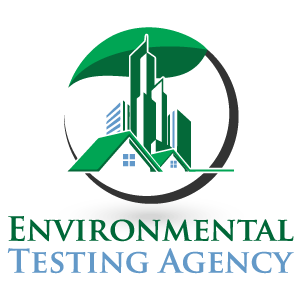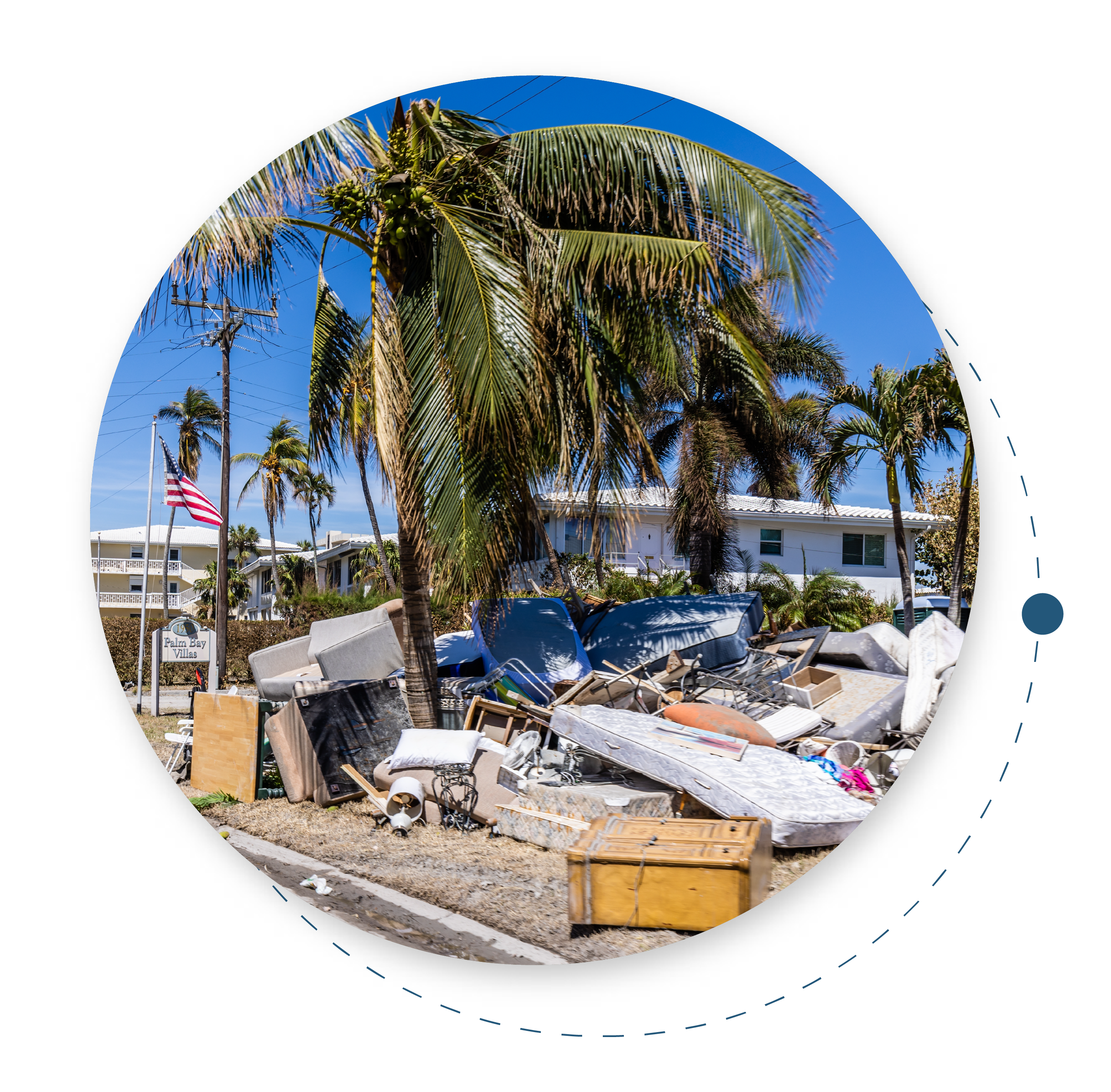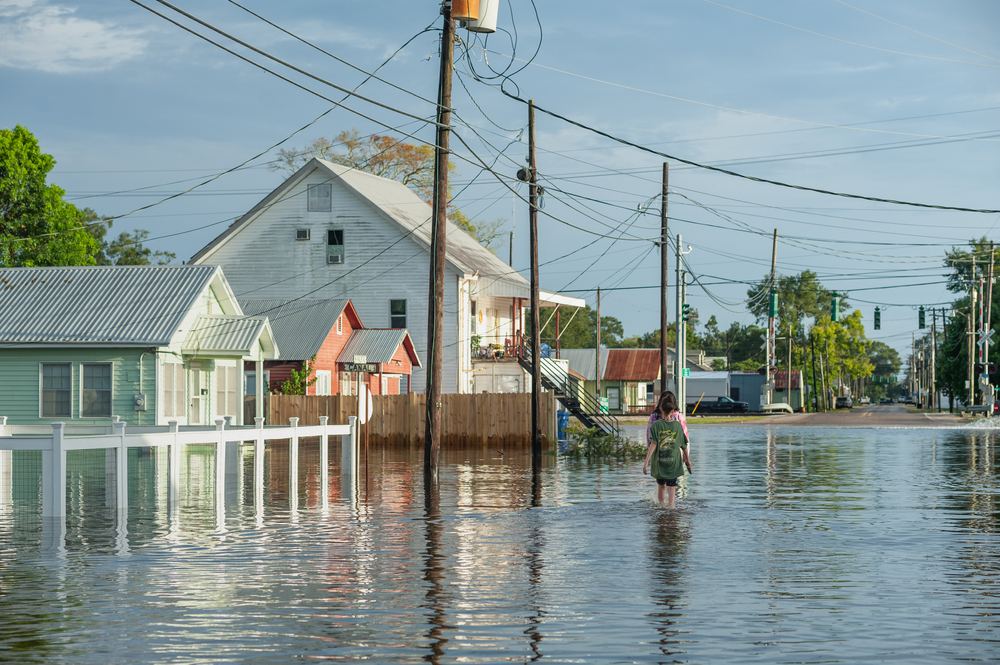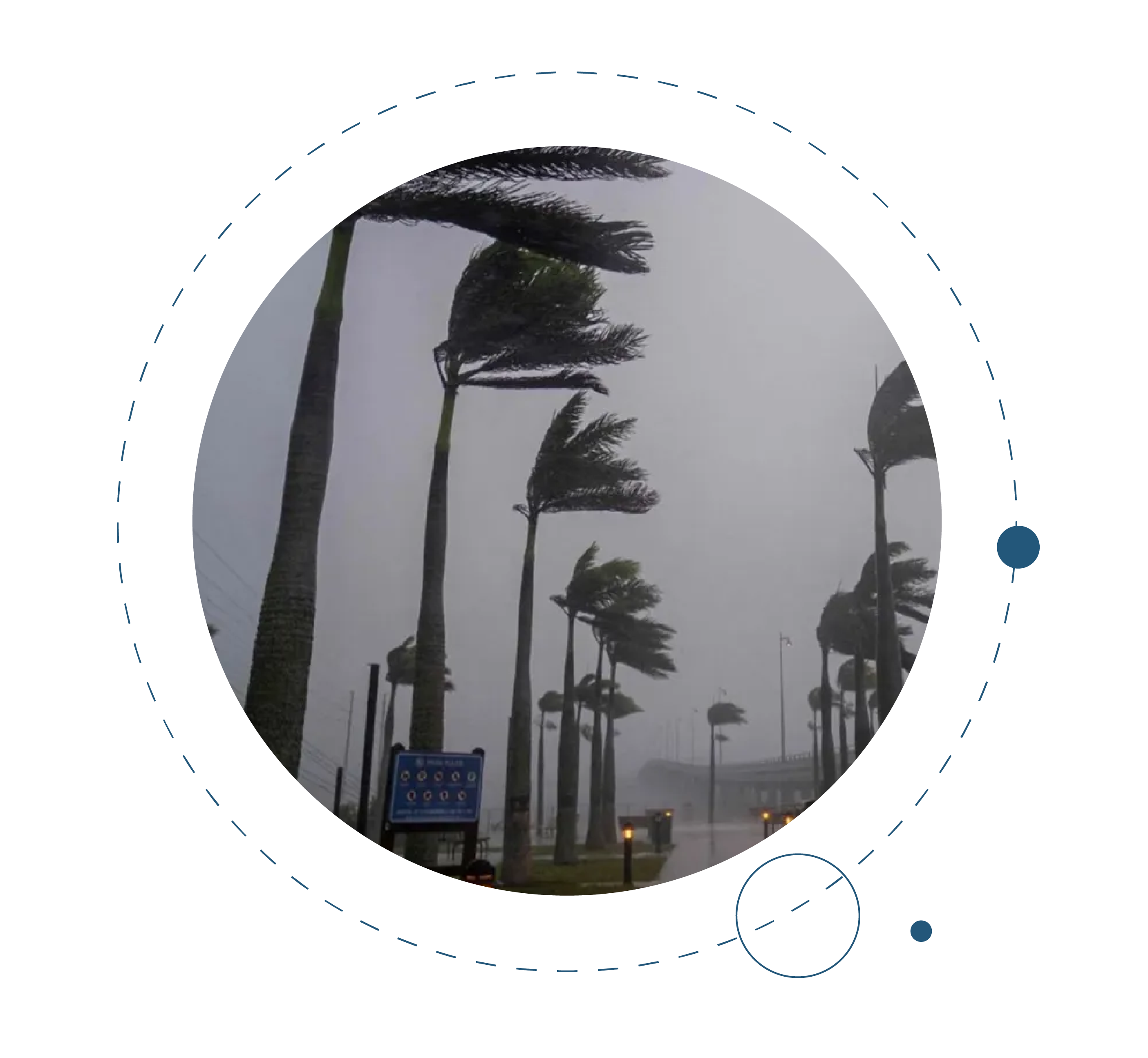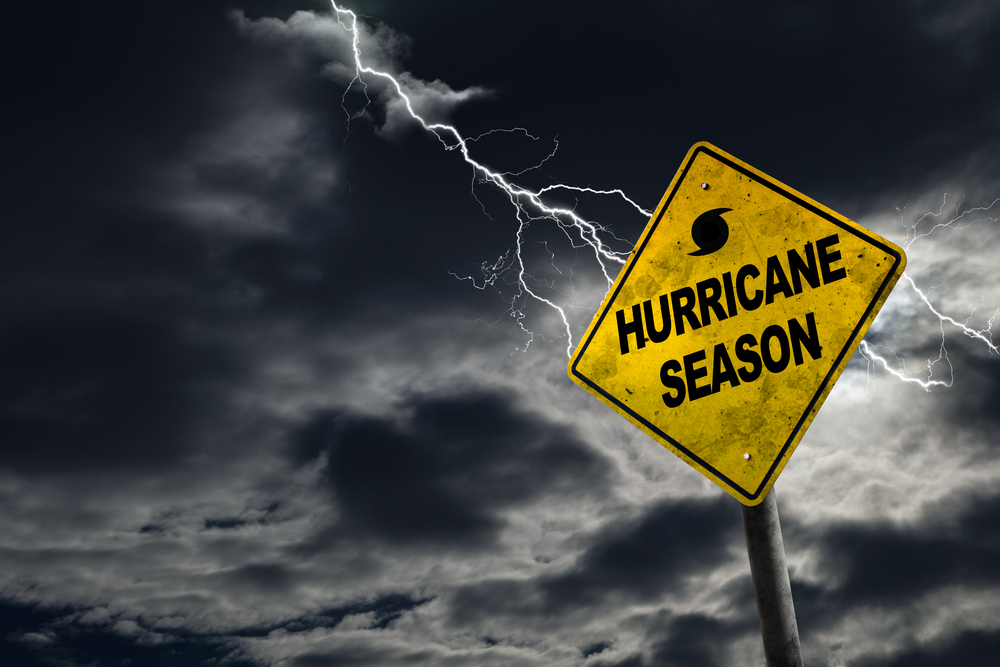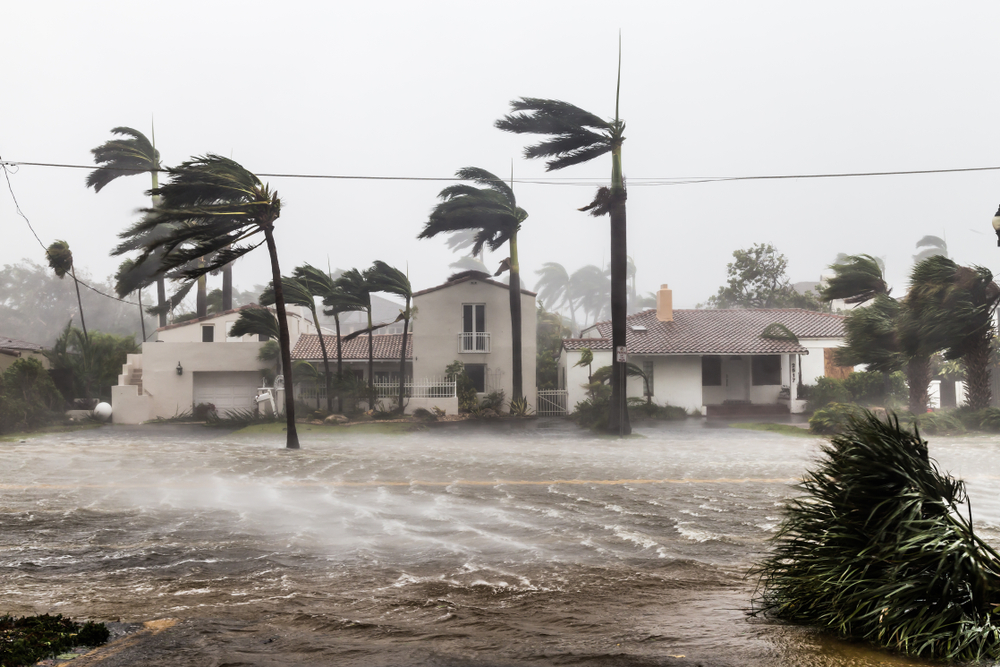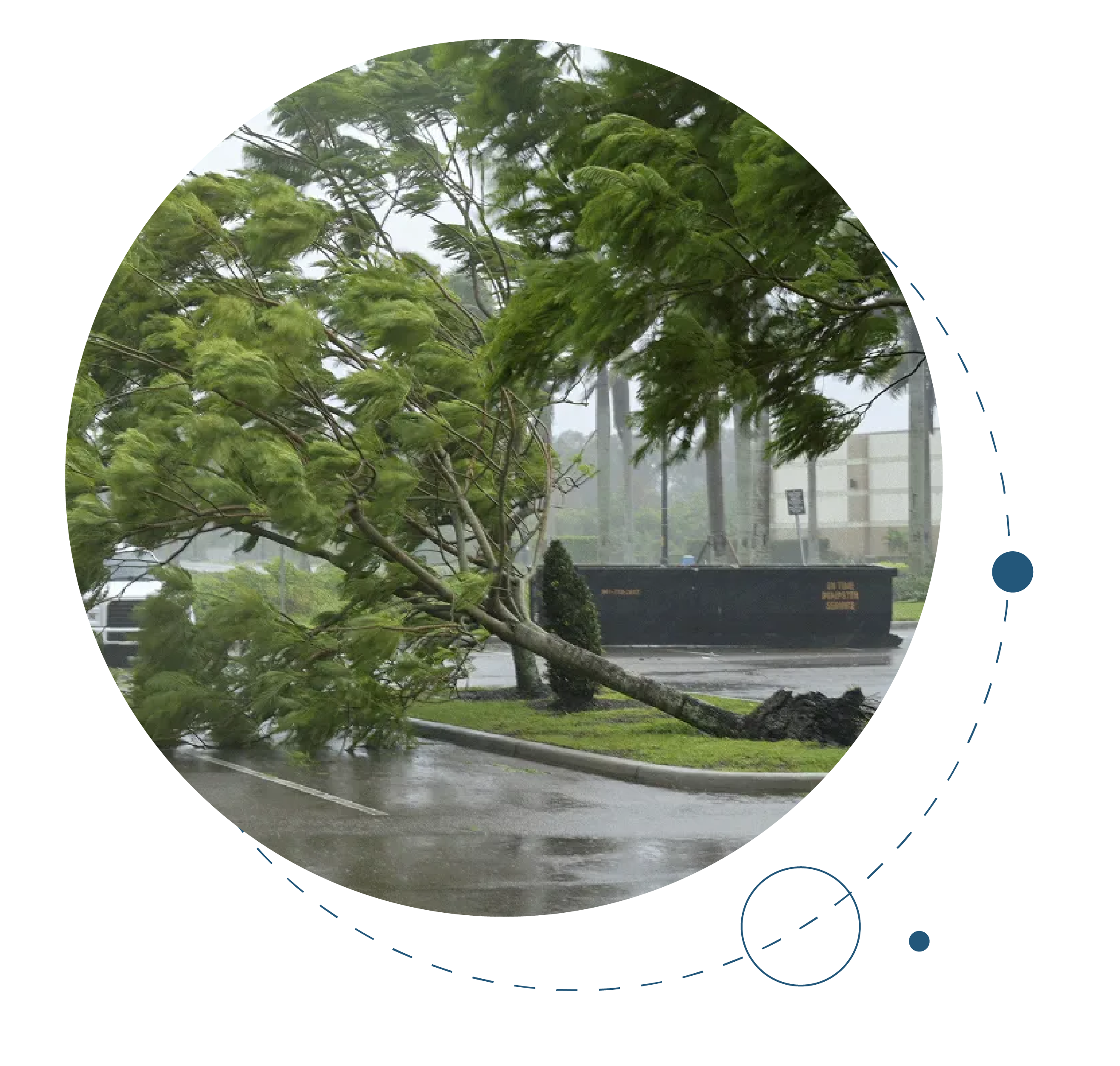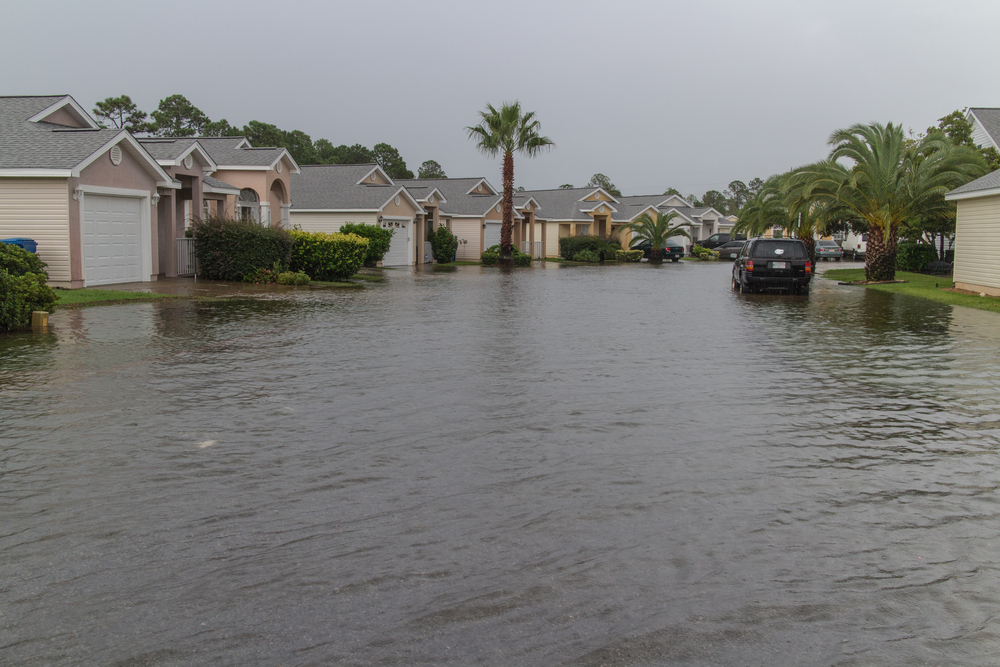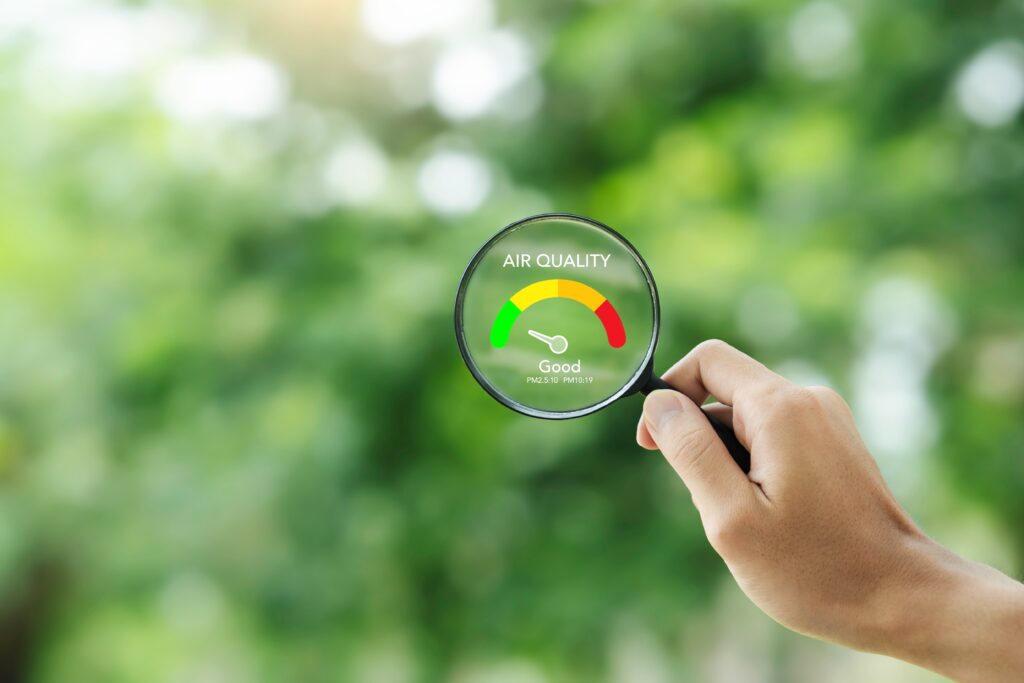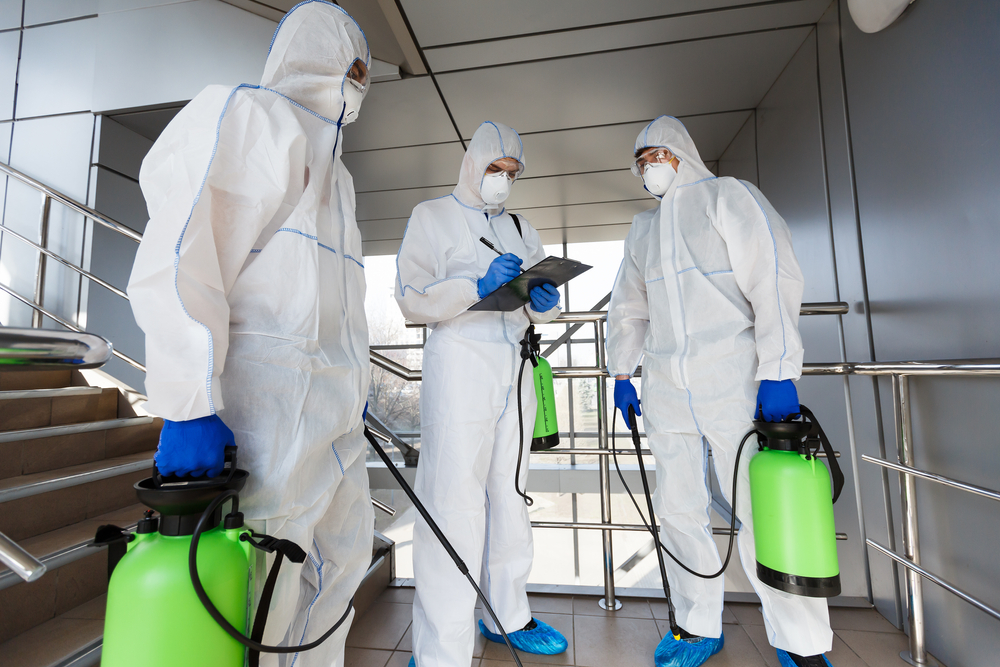Preparing Homeowners and
Renters for Hurricane Season:
A Comprehensive Guide
All about Hurricane Season in Florida
and how we are certified to help you!
Hurricanes and Mold: A recipe for disaster
The relationship between hurricane season and mold issues is rooted in the environmental conditions that hurricanes bring. The combination of excessive moisture, limited ventilation, potential structural damage, and power outages creates an ideal environment for mold growth.
Here’s a breakdown of how hurricane season can lead to or be related to mold issues:
1. Excess Moisture and Flooding
2. Power Outages
3. Limited Ventilation
4. Structural Damage
5. Health Implications
Secure Your Sanctuary: A Comprehensive Guide for Homeowners and Renters This Hurricane Season
Hurricane season can be an anxiety-inducing time for both homeowners and renters. Understanding how to prepare and protect your property is crucial in minimizing risks and damages. This comprehensive guide covers essential steps, tips, and resources that are officially backed to help you get through the hurricane season safely.
Pre-Season Preparation: The Key to Survival
Homeowners Insurance and Flood Policies
The Federal Emergency Management Agency (FEMA) strongly recommends that homeowners purchase a comprehensive insurance policy that includes coverage for hurricane damage. Moreover, most standard homeowner’s insurance policies do not cover flood damage, so buying a separate flood insurance policy is essential. You can get flood insurance through the National Flood Insurance Program (NFIP).
Renters Insurance
Renters should also consider getting renters insurance, including a provision for natural disasters like hurricanes. Make sure to clarify the specific types of covered damages with your provider.
Inventory and Documentation
Both homeowners and renters should make an inventory of valuable items in the home. Photos and video documentation can be beneficial for insurance claims.
Hurricane-Proofing Your Property
- Home Modifications
Certain structural improvements can make a significant difference in how well your property withstands a hurricane. Consider investing in storm shutters, reinforced doors, and stronger roofing materials. FEMA provides guidelines on how to make these modifications.
- Emergency Kits
The Department of Homeland Security suggests that each home have a basic emergency kit that includes essentials like water, food, first aid supplies, and important documents.
During the Hurricane: Safety Measures
Evacuation Plans
If local authorities issue an evacuation order, it’s crucial to have a plan in place. Know the local hurricane evacuation routes and have a family communication plan.
Pets and Livestock
Remember to make provisions for pets and livestock. The Humane Society provides guidelines on how to prepare an emergency kit for your animals.
Talk to an environmental testing Agency.
Post-Hurricane: The Recovery Process
Assessing Damage
Once it’s safe to return, carefully document all property damage with photos and videos to facilitate insurance claims.
Applying for Assistance
Homeowners and renters may be eligible for federal disaster relief funds through FEMA. This can assist with temporary housing, home repairs, and other needs.
After a storm, Mold can
become another disaster
We are here
to help you!
Hurricane preparedness is not a one-time effort but an ongoing process that involves planning, investment, and education. By taking the appropriate steps before, during, and after a hurricane, homeowners and renters can significantly mitigate the risks and aftermath associated with these natural disasters.
Be vigilant, be prepared, and stay safe this hurricane season.
It is crucial to address the potential causes of indoor air quality problems, especially after a big storm season. If left untreated, air quality issues can have a detrimental impact on our health. Infants, children, and the elderly are particularly susceptible to poor air quality. In Florida, mold is the number one cause of respiratory problems in children. We want to help you. Allow us to be your breath of fresh air. Get your air quality tested TODAY with ETA! Call for an appointment: mold testing and moisture assessment with a detailed report providing insurance documentation.
Remember that staying informed and having a well-thought-out plan can greatly increase your safety during hurricane season in Florida. Follow the advice of local authorities and take precautions to protect yourself, your family, and your property.
OUR PROCESS

DETECTION

TESTING

ASSESSMENT
HURRICANE FAQ
Hurricanes can lead to mold issues in your Central Florida home. Taking the necessary safety precautions is vital and make sure there aren’t any places where water could easily enter your property. Clear your rooms of any accumulated moisture by using dehumidifiers and opening the doors and windows.
Ensure that you’ve done everything to keep water from entering rooms and fix everything that has the potential to let water inside, including broken windowpanes and improperly closing doors and windows.
Our Inspection Process: Determining what the problem is, how to fix it, and prevent it in the future is the basis of our 3-step inspection process.
Yes, hurricane damage can and often does cause mold growth within your property. As hurricane winds can cause openings in your roof, windows, and other weak spots, it is easy for water to get into your home and cause mold to grow in as little as 24 hours.
The time length of water damage restoration depends heavily on the amount of damage within your home. Demolition, remediation, drying, vent cleaning, repairs, and complete restoration can take up to several weeks to complete.
If you have water damage in your home after a hurricane, a water damage restoration company like CLEAR Restoration will start the cleaning process by making sure no additional water is getting into your home and will patch up any openings. From there, CLEAR Restoration will start the drying process using water extraction machinery to ensure your home is dry and safe.
Hurricane damage comes in all different proportions. From roof damage to flooding, a hurricane can affect every part of your home, even the inside. A full inspection of your home after a hurricane blows through is probably the best and safest way to locate any and all damage.
Remove wet sheetrock, carpeƟ ng, furnishings and other building materials to prevent mold growth. and reduce dust by weƫ ng down fl ood and mold-damaged materials before removal anddisposal.
More About Hurricane Season
Contact Us
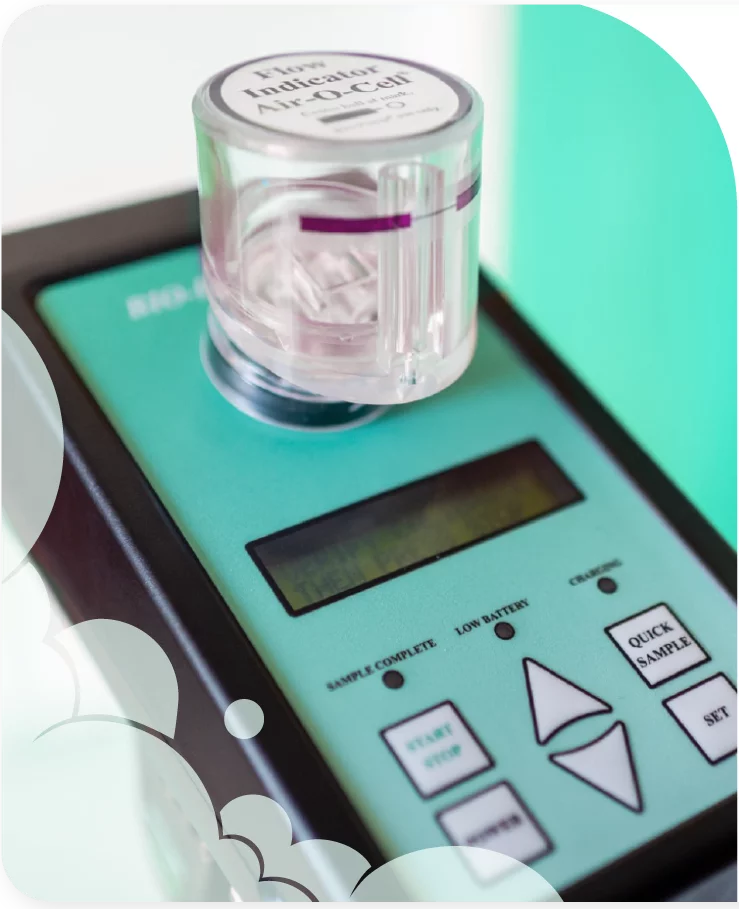
Request
A Free Estimate


